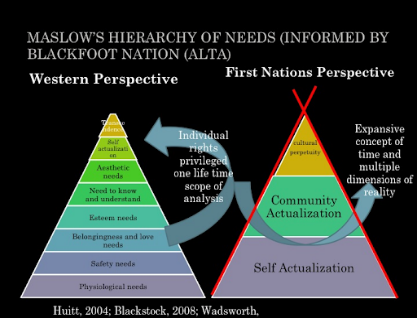Youth and the Mystery Wall… and “Fine” as the perfected adolescent response to parents
Venue
Appleton Tower, Room 2.1211 Crichton St, Newington
Edinburgh
EH8 9LE
Description
Youth and the Mystery Wall… and “Fine” as the perfected adolescent response to parents
Adolescent Trauma, Resilience and Collective Empowerment
Phil Frampton D.Phil hc Author, Broadcaster and Social Activist
Raised in orphanages, both University of California Professor Richard McKenzie and British author, Phil Frampton have independently championed the potential benefits of collective residential settings for children in care. In his new book, Youth and the Mystery Wall (International Federation of Social Workers 2022), Frampton contends that, with levels of adolescent trauma experienced in modern civilisation not being replicated in other cultures, the primary causes should be sought within society’s contradictions (i.e. structurally) rather than in individuals’ character “flaws”. From Ubuntu and the now oft-used phrase, “It takes a whole village to raise a child” he points to how the role of the village children in that process is overlooked. Frampton argues that the objectification of young people resulted in a neglect of studying children’s agency as individuals and collectives, viewing their input as unworthy, even infantile.
Maslow is alleged to have drawn directly from the North American Blackfoot tribe’s community-based hierarchy of needs to develop his celebrated but individualistic Hierarchy of Needs. Did he unwittingly contribute to this process of individualisation? Was Bowlby equally culpable when he overlooked the crucial role of siblings and peers in child development?
Frampton points to the critical importance that collective capability enhancement and empowerment play in developing adolescent identities, self esteem and resilience. Hence he argues that the societal apprehensions, fears and sometime outright repression of adolescents’ collective agency leads to contradictions within families and isolation of the young person, triggering more intense trauma responses. Allowing the marketisation of education has accelerated this trend further atomising adolescents.
He draws on the parallels between the historic oppression of women and British colonial oppression, pointing to similarities of experience, isolations and disempowerment. He contends that society needs to welcome young people’s collective empowerment and support and popularise efforts such as that of the Peruvian Child Workers’ Movement to enable adolescents’ social and political emancipation, lifting the pervading pall over modern childhood.

A business development and social care consultant, Phil Frampton was, in 2000, declared an Honorary Teaching Fellow at Birkbeck College for his work on football governance. In 2016 London Metropolitan University awarded him an Honorary Doctorate citing his decade of lectures and writings on the care system. Phil was a Select Witness to the 2001 Parliamentary Inquiry into Police Investigations of Abuse in Children’s Homes, a Core Participant in the 2014-23 National Child Abuse Inquiry and short-listed in 2007 to sit on the OfSTED Board.
Frampton founded the Careleavers Association, now entering its 19th year as a national charity. His memoir, The Golly in the Cupboard (Tamic, 2004), chronicled his growing up mixed race in the care system and his BBC documentary of the same name won the prestigious 2005 Race in the Media Award. Phil has written and broadcast on travel, racism, politics, travel, co-operatives, football governance and social care both in specialist journals and the nationals, ranging from the Daily Mail to the Guardian and the socialist press. In 2007 he presented his Bring Back Orphanages Channel 4 programme featuring the progressive outputs of large German orphanages and in 2012 he presented The Crying Shame BBC Radio documentary. The programme highlighted the persecution and cruelty directed at Britain’s unmarried mothers during the 1950s and received a commendation in the Gillick Awards.
This session will be recorded and made available via the seminar mailing list after the event. Email claire.buchan[at]ed.ac.uk to join.
Key speakers
- Dr Phil Frampton